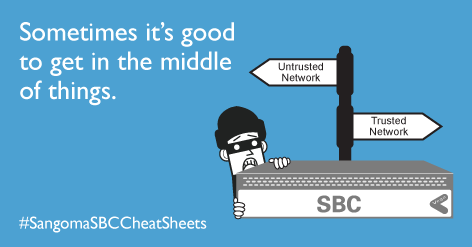
noun
- reliance on the integrity, strength, ability, surety, etc., of a person or thing; confidence.
- confident expectation of something; hope.
- confidence in the certainty of future payment for property or goods received; credit: to sell merchandise on trust.
- a person on whom or thing on which one relies: God is my trust.
- the condition of one to whom something has been entrusted.
- the obligation or responsibility imposed on a person in whom confidence or authority is placed: a position of trust.
- charge, custody, or care: to leave valuables in someone’s trust.
- something committed or entrusted to one’s care for use or safekeeping, as an office, duty, or the like; responsibility; charge.
- Law.
- a fiduciary relationship in which one person (the trustee) holds the title to property (the trust estate or trust property) for the benefit of another (the beneficiary).
- the property or funds so held.
- Commerce.
- an illegal combination of industrial or commercial companies in which the stock of the constituent companies is controlled by a central board of trustees, a group of people who have assumed the authority to supervise the affairs of the constituent companies, thus making it possible to manage the companies so as to minimize production costs, control prices, eliminate competition, etc.
- any large industrial or commercial corporation or combination having a monopolistic or semimonopolistic control over the production of some commodity or service.
- Archaic. reliability.
adjective
- Law. of or relating to trusts or a trust.
verb (used without object)
- to rely upon or place confidence in someone or something (usually followed by in or to): to trust in another’s honesty; trusting to luck.
- to have confidence; hope: Things work out if one only trusts.
- to sell merchandise on credit.
verb (used with object)
- to have trust or confidence in; rely or depend on.
- to believe.
- to expect confidently; hope (usually followed by a clause or infinitive as object): trusting the job would soon be finished; trusting to find oil on the land.
- to commit or consign with trust or confidence.
- to permit to remain or go somewhere or to do something without fear of consequences: He does not trust his children out of his sight.
- to invest with a trust; entrust or charge with the responsibility for something: We trust her to improve the finances of the company within the year.
- to give credit to (a person) for goods, services, etc., supplied: Will you trust us till payday?
Verb Phrases
- trust to, to rely on; trust: Never trust to luck!
Idioms
- in trust, in the position of being left in the care or guardianship of another: She left money to her uncle to keep in trust for her children.
noun
- reliance on and confidence in the truth, worth, reliability, etc, of a person or thing; faithRelated adjective: fiducial
- a group of commercial enterprises combined to monopolize and control the market for any commodity: illegal in the US
- the obligation of someone in a responsible positiona position of trust
- custody, charge, or carea child placed in my trust
- a person or thing in which confidence or faith is placed
- commercial credit
-
- an arrangement whereby a person to whom the legal title to property is conveyed (the trustee) holds such property for the benefit of those entitled to the beneficial interest
- property that is the subject of such an arrangement
- the confidence put in the trusteeRelated adjective: fiduciary
- (in the British National Health Service) a self-governing hospital, group of hospitals, or other body providing health-care services, which operates as an independent commercial unit within the NHS
- See trust company, trust account (def. 2)
- (modifier) of or relating to a trust or truststrust property
verb
- (tr; may take a clause as object) to expect, hope, or supposeI trust that you are well
- (when tr, may take an infinitive; when intr, often foll by in or to) to place confidence in (someone to do something); have faith (in); rely (upon)I trust him to tell her
- (tr) to consign for carethe child was trusted to my care
- (tr) to allow (someone to do something) with confidence in his or her good sense or honestyI trust my daughter to go
- (tr) to extend business credit to
n.c.1200, from Old Norse traust “help, confidence,” from Proto-Germanic *traust- (cf. Old Frisian trast, Dutch troost “comfort, consolation,” Old High German trost “trust, fidelity,” German Trost “comfort, consolation,” Gothic trausti “agreement, alliance”). Related to Old English treowian “to believe, trust,” and treowe “faithful, trusty” (see true). Meaning “businesses organized to reduce competition” is recorded from 1877. Trust-buster is recorded from 1903. v.early 13c., from Old Norse treysta “to trust,” from traust (see trust (n.)). Related: Trusted; trusting. A combination of firms or corporations for the purpose of reducing competition and controlling prices throughout a business or industry. Trusts are generally prohibited or restricted by antitrust legislation. (Compare monopoly.) see brain trust; in trust.
 Liberal Dictionary English Dictionary
Liberal Dictionary English Dictionary